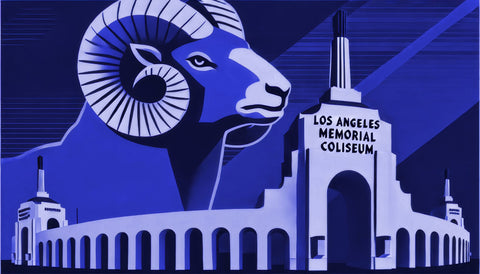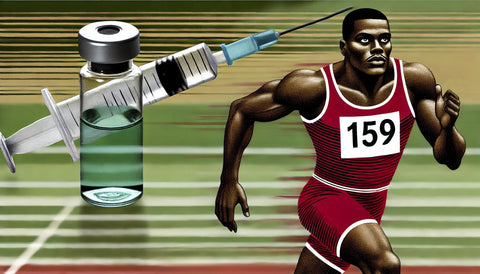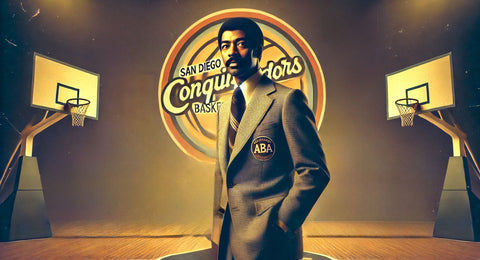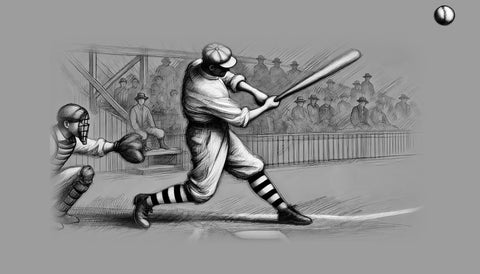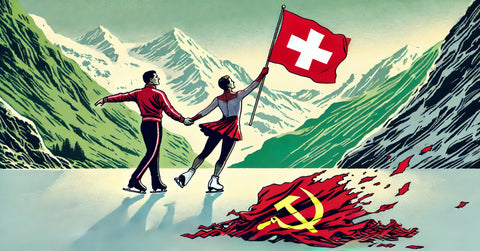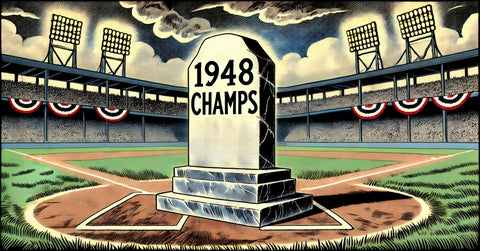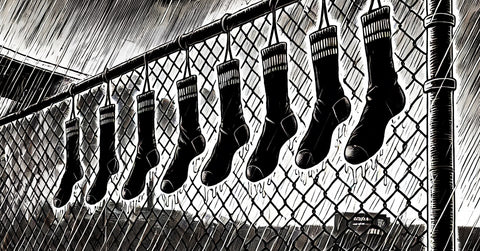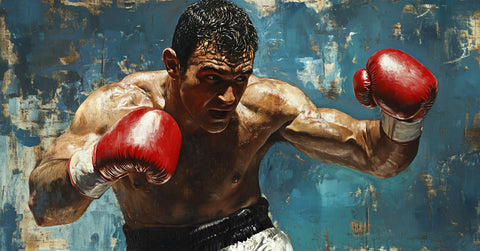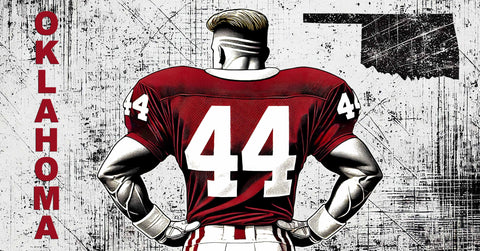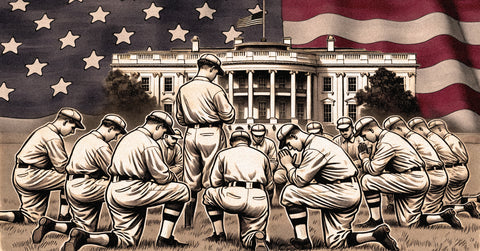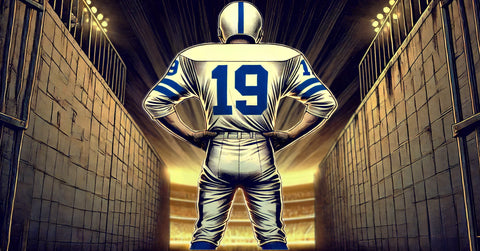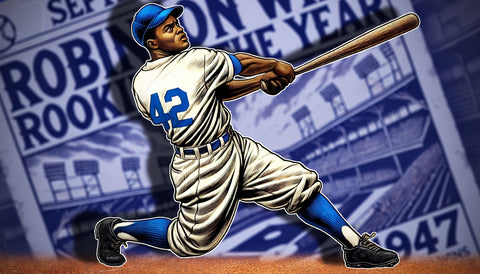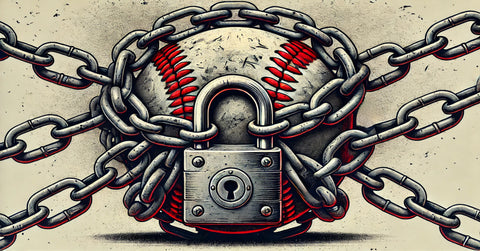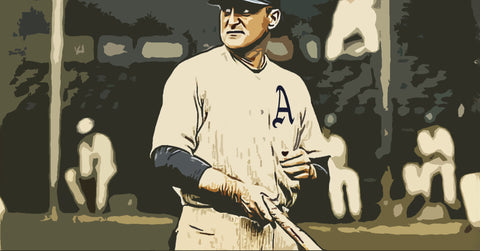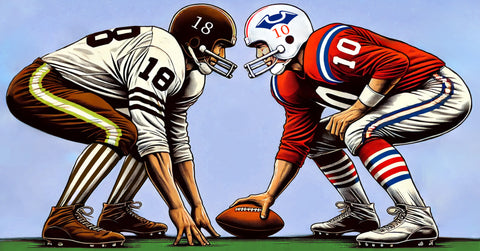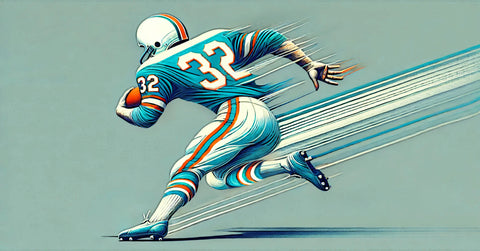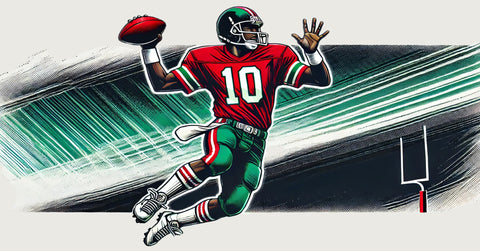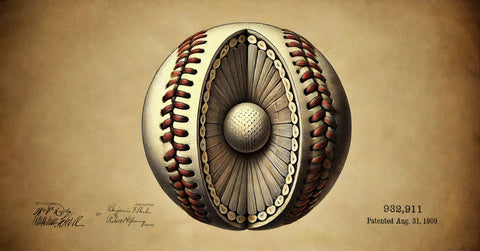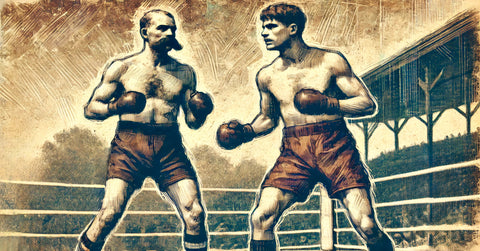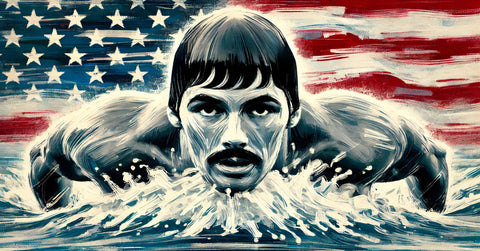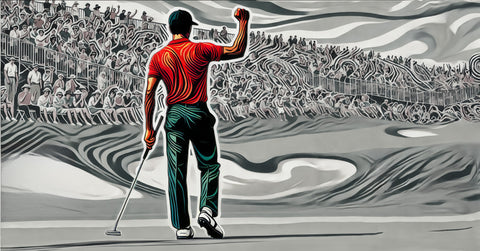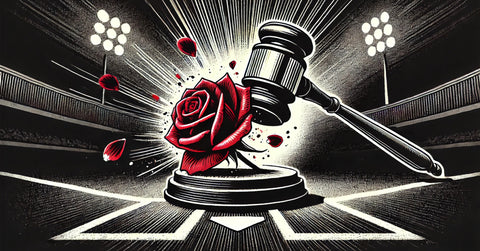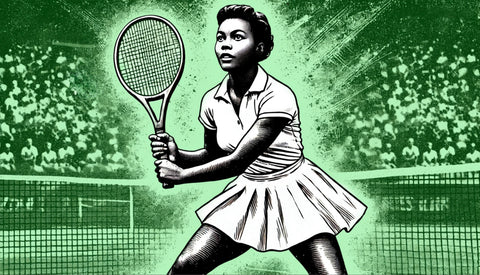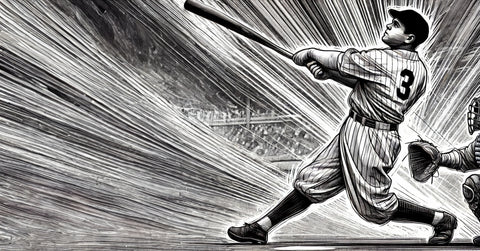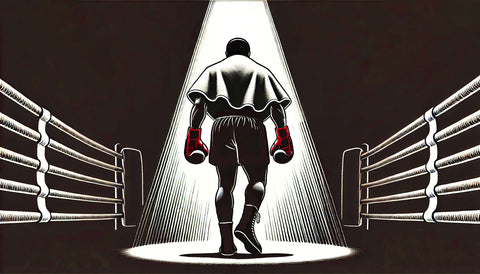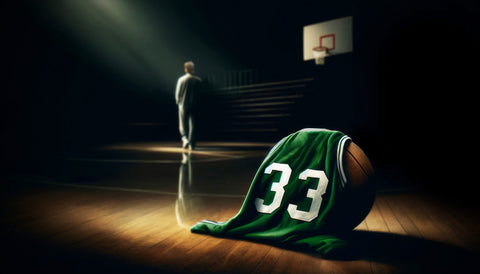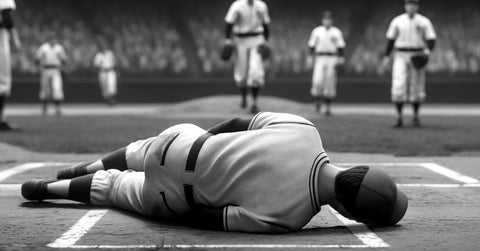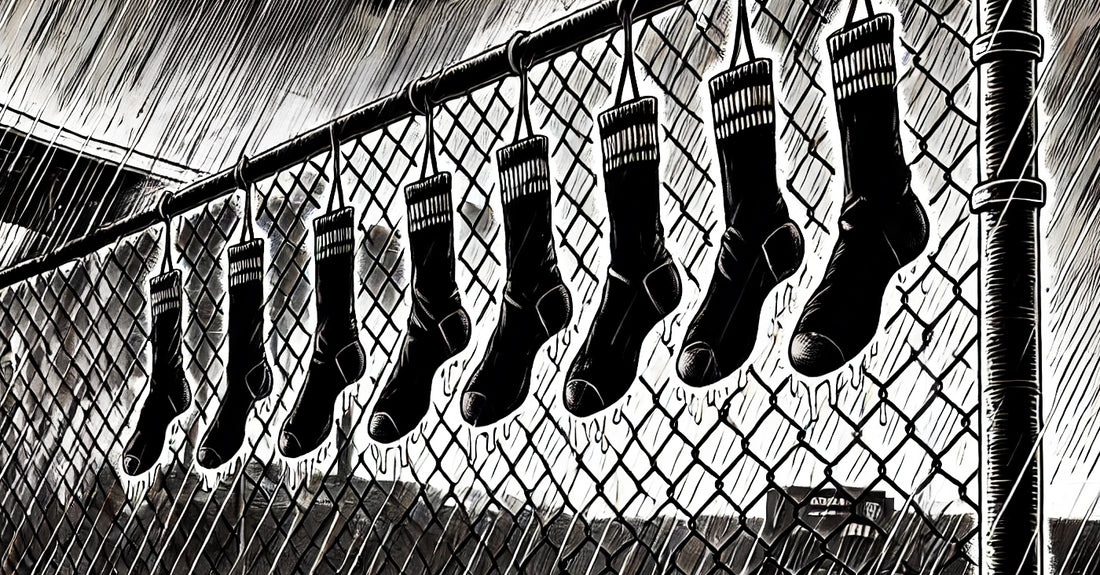
September 22, 1920: A Chicago Grand Jury Convenes to Investigate the Black Sox Scandal
Share
On September 22, 1920, a Chicago grand jury convened to investigate allegations that eight Chicago White Sox players conspired to fix the 1919 World Series. This scandal, which would come to be known as the Black Sox Scandal, shook the world of baseball and forever altered the sport’s landscape. The players were accused of deliberately losing the series to the Cincinnati Reds in exchange for bribes from a group of gamblers.
The White Sox were among the most talented teams in baseball in 1919, boasting stars like Shoeless Joe Jackson and Eddie Cicotte. Despite being heavily favored, they lost the World Series to the Cincinnati Reds 5-3 in a best-of-nine series, fueling rumors that some players had deliberately underperformed. The extended format, rare in baseball history, only added to the suspicion when the heavily favored White Sox couldn’t close out the series. The whispers of corruption persisted throughout the 1920 season as the White Sox battled the Cleveland Indians for the American League pennant.
As the grand jury investigation unfolded, the White Sox were in a tight race with the Cleveland Indians for the American League pennant. On the eve of their final series of the season, team owner Charles Comiskey made the bold decision to suspend the seven players still on the team who were under suspicion (Gandil, who had not returned for the 1920 season, was already playing semi-pro ball). This move likely cost the White Sox their shot at the pennant. They lost two out of three games in their final series against the St. Louis Browns, finishing second in the league behind Cleveland. The Indians went on to win the 1920 World Series, while the White Sox were left to deal with the fallout of the scandal.
On October 22, 1920, the grand jury issued indictments against eight White Sox players and five gamblers. The players were charged with nine counts of conspiracy to defraud. Despite the serious charges, the players maintained their innocence, and the trial, which began in June 1921, was highly publicized. However, key evidence, including signed confessions from Cicotte and Shoeless Joe Jackson, mysteriously disappeared from the courthouse before the trial began. This severely weakened the prosecution’s case. By July 28, 1921, after just three hours of deliberation, the jury returned a verdict of not guilty for all players involved.
Although the players were acquitted in court, newly appointed Commissioner of Baseball Kenesaw Mountain Landis took swift and decisive action. On August 3, 1921, just one day after the verdict, Landis banned all eight players from professional baseball for life, stating that any player who conspires to throw a game would never play again, regardless of the legal outcome.
The eight banned players were:
• Shoeless Joe Jackson
• Eddie Cicotte
• Claude “Lefty” Williams
• George “Buck” Weaver
• Charles “Swede” Risberg
• Oscar “Happy” Felsch
• Fred McMullin
• Arnold “Chick” Gandil
The Black Sox Scandal left an indelible mark on the game of baseball, tarnishing the reputation of one of the sport’s most talented teams and some of its brightest stars. Shoeless Joe Jackson, despite being one of the greatest hitters of his era, was denied entry into the Baseball Hall of Fame, and the scandal cast a shadow over the White Sox franchise for decades. The scandal also led to significant changes in how baseball was governed. Landis’ appointment as Commissioner gave him nearly unchecked power to ensure the integrity of the sport, a legacy that has endured to this day.
More than a century later, the Black Sox Scandal remains one of the most notorious events in sports history, a cautionary tale about the corrupting influence of money and the importance of safeguarding the integrity of the game.



